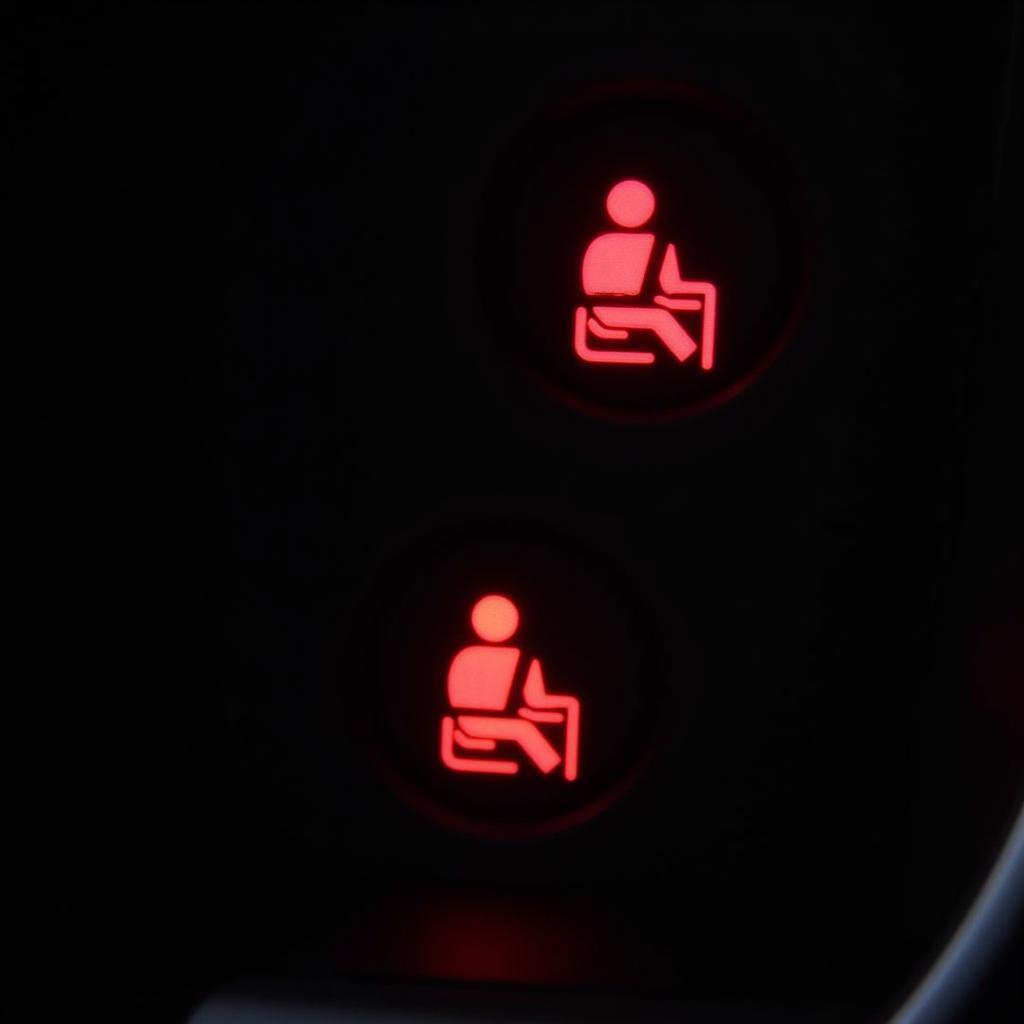A key fob detector is a handy device that’s come to play a crucial role in today’s world of advanced vehicle security systems. Whether you’re a car enthusiast curious about how they work or a car owner experiencing key fob issues, understanding this tool can be incredibly helpful.
What is a Key Fob Detector and How Does it Work?
A key fob detector, also known as a key fob scanner or receiver, is a device designed to detect the radio frequency signals emitted by your car’s keyless entry system. It acts as a receiving antenna, capturing and amplifying these signals to determine their strength and range. This information is valuable for various diagnostic and troubleshooting purposes related to your car’s keyless entry system.
Think of it like this: your car key fob is like a mini radio station, constantly transmitting a unique code. The detector acts as a radio, tuning into your specific “station” (or key fob signal). By analyzing this signal, the detector can tell you if your key fob is functioning correctly, its battery strength, and even help you locate it if it’s lost.
Why is a Key Fob Detector Important?
Modern vehicles heavily rely on keyless entry systems for convenience and security. A key fob detector proves invaluable in numerous situations:
- Diagnosing Key Fob Issues: Is your car not responding to your key fob? A detector can quickly determine if the problem lies with the fob itself (like a weak battery) or a deeper issue with your vehicle’s receiver.
- Programming New Key Fobs: When getting a spare or replacement key fob, a detector assists in the programming process, ensuring the new fob syncs correctly with your vehicle.
- Enhancing Vehicle Security: Some advanced detectors can help identify potential security vulnerabilities in your car’s keyless system, such as signal jamming or relay attacks, allowing you to take proactive measures.
Types of Key Fob Detectors
Key fob detectors come in different shapes and sizes, each with varying capabilities:
- Basic Detectors: These handheld devices are generally affordable and primarily focus on detecting the presence and strength of a key fob signal.
- Advanced Detectors: Offering more features, these detectors can often analyze signal frequencies, program new key fobs, and even simulate signals for testing purposes.
- Professional-Grade Detectors: Utilized by automotive locksmiths and technicians, these comprehensive tools offer in-depth diagnostics, programming capabilities for a wide range of vehicle makes and models, and advanced security testing features.
Choosing the right detector depends on your specific needs and budget. If you’re primarily interested in checking your key fob battery or basic functionality, a basic detector might suffice. However, for more complex tasks like programming or security assessments, investing in a more advanced model is recommended.
How to Use a Key Fob Detector?
Using a key fob detector is typically straightforward:
- Power On: Turn on the detector and ensure it’s in the correct mode for your needs (detecting, programming, etc.).
- Position the Detector: Hold the detector close to the vehicle’s keyless entry receiver, usually located near the door handle or start button.
- Activate the Key Fob: Press the button on your key fob that usually unlocks your vehicle.
- Observe the Results: The detector will indicate the presence and strength of the signal. Some detectors might provide additional information, like the signal frequency or battery level.
It’s essential to consult your specific detector’s instructions as procedures might vary depending on the make and model.
Do You Need a Key Fob Detector?
While not an everyday necessity for most car owners, a key fob detector can be a worthwhile investment, especially if:
- You frequently experience key fob issues: A detector can save you time and money by quickly identifying the root cause of the problem.
- You own a vehicle with a complex keyless entry system: For high-end vehicles or those with advanced security features, a detector can be invaluable for diagnostics and programming.
- You’re concerned about vehicle security: A detector can help assess the vulnerability of your car’s keyless system to potential threats.
Conclusion
Key fob detectors are essential tools in navigating the world of modern vehicle security and convenience. Understanding how they work and their potential benefits can empower you to take control of your car’s keyless entry system, diagnose issues effectively, and even enhance your vehicle’s security.
If you’re experiencing persistent key fob issues or looking to delve deeper into your car’s security features, investing in a key fob detector that aligns with your needs can be a smart move. Remember to consult with a qualified automotive locksmith or technician for complex issues or programming needs.

